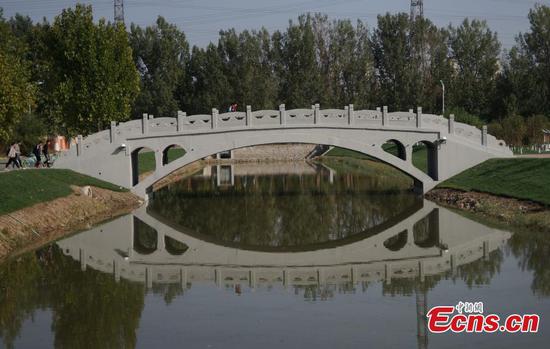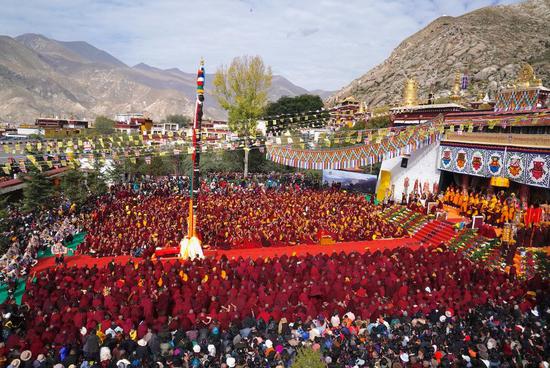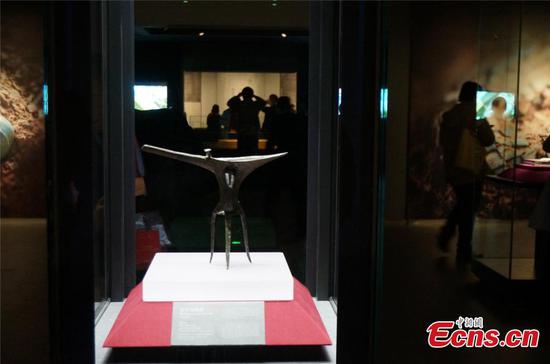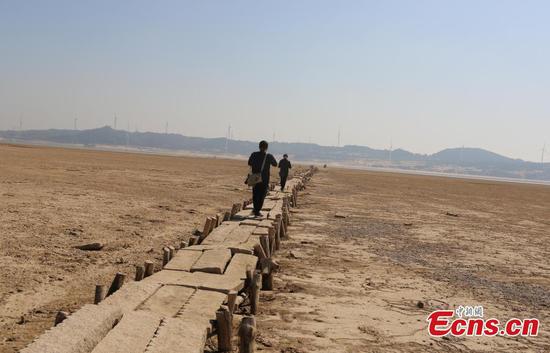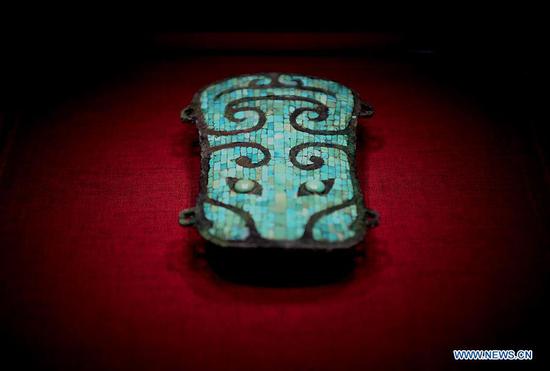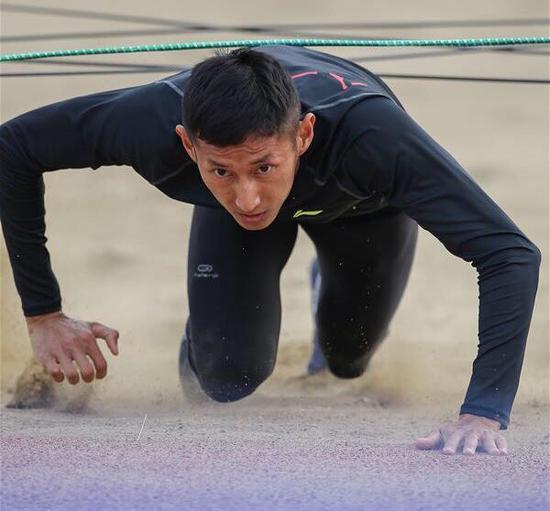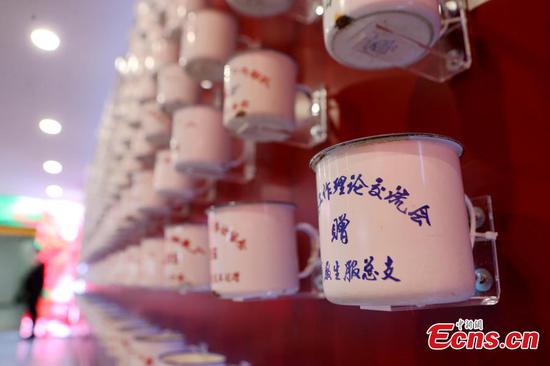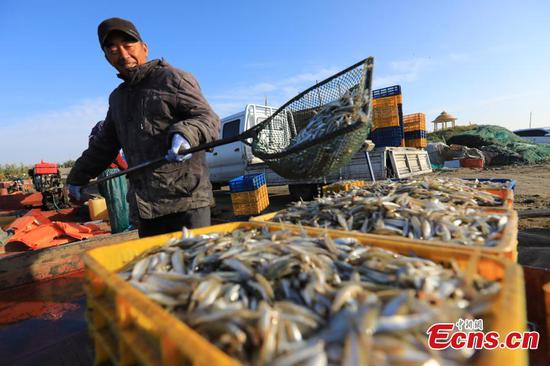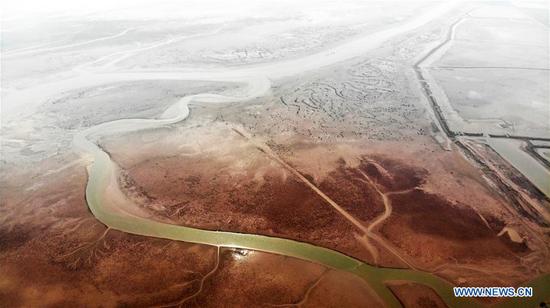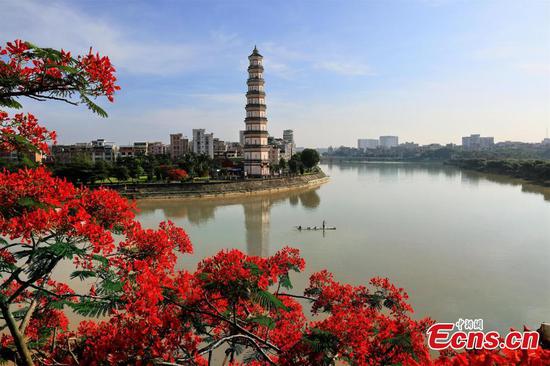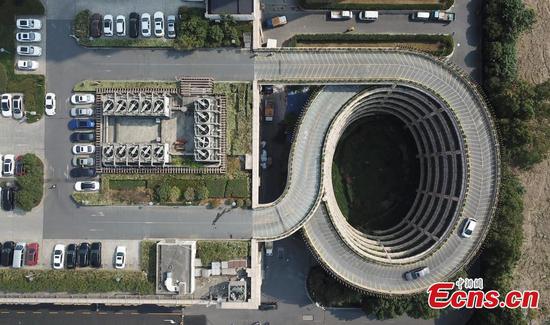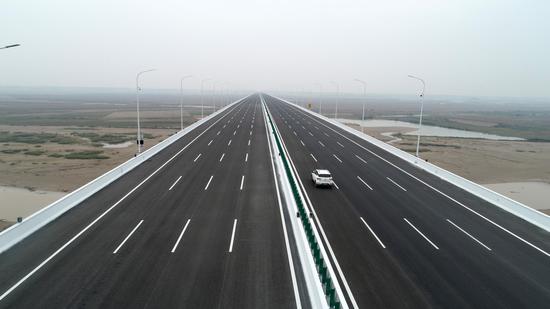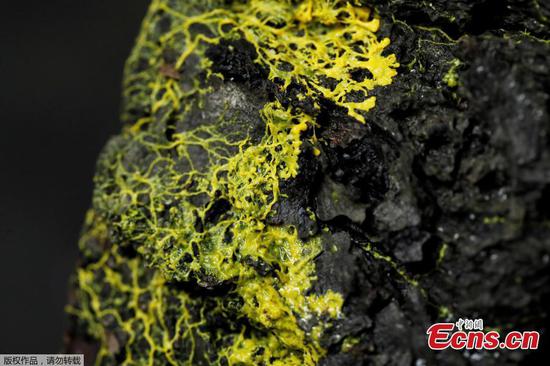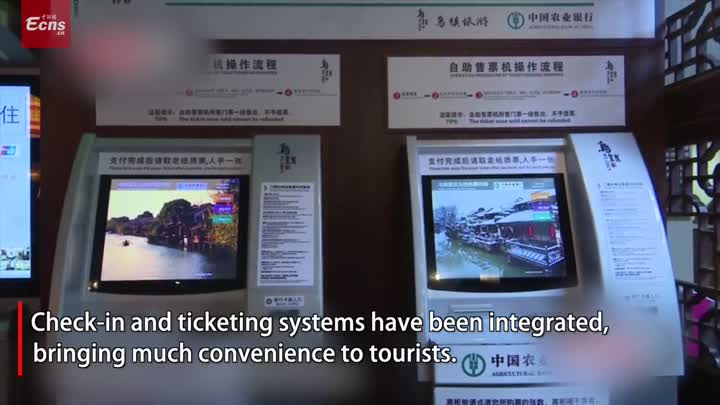Local authorities in East China amended regulations banning all mahjong parlors amid a national campaign against crimes and gangs after the public accused the ban of being "one size fits all."
The public security bureau of Yushan county, Jiangxi Province on Monday released the newly-revised announcement, saying registered mahjong parlors will not be affected by the regulations, and that the campaign is aimed at cracking down on illegal gambling.
The revision came following a public backlash on Sunday after the county required all mahjong and chess parlors to close, or they would be investigated and punished by law.
Many said the "one size fits all" measures could affect residents' normal entertainment activities and legal business.
A civil servant surnamed Wu in Shangrao noted that the distinction between gambling and recreational mahjong activities remains unclear, which may cause confusion in law enforcement.
Wu told the Global Times on Monday that recreational mahjong activities between family members and relatives involving a small amount of money, and entertainment venues that only charge normal service fees, could be regarded as normal activities, which are not prohibited.
Local authorities also vowed to strictly investigate Party members who gamble and to punish those who serve as gambling business' "umbrellas."
Local residents reached by the Global Times on Monday said mahjong has been long welcomed by residents and some local Party members even sneak out during office hours to play.
Banning illegal gambling is widely supported by local residents as the campaign could help maintain social order and security, Wu said.
In 2004, China's central government banned Party members from gambling. Chinese state media People's Daily in a previous commentary called for Party members to stop playing mahjong to curb corruption. Southwest China's Sichuan Province in March banned them from gambling on mahjong.
Previous reports said many other campaigns by the basic-level government were accused of being "radical" and "one size fits all."
North China's Tianjin Municipality and Jingjiang, East China's Jiangsu Province in March launched forcible tomb removal to use the land for farming, which provoked a public outcry.











